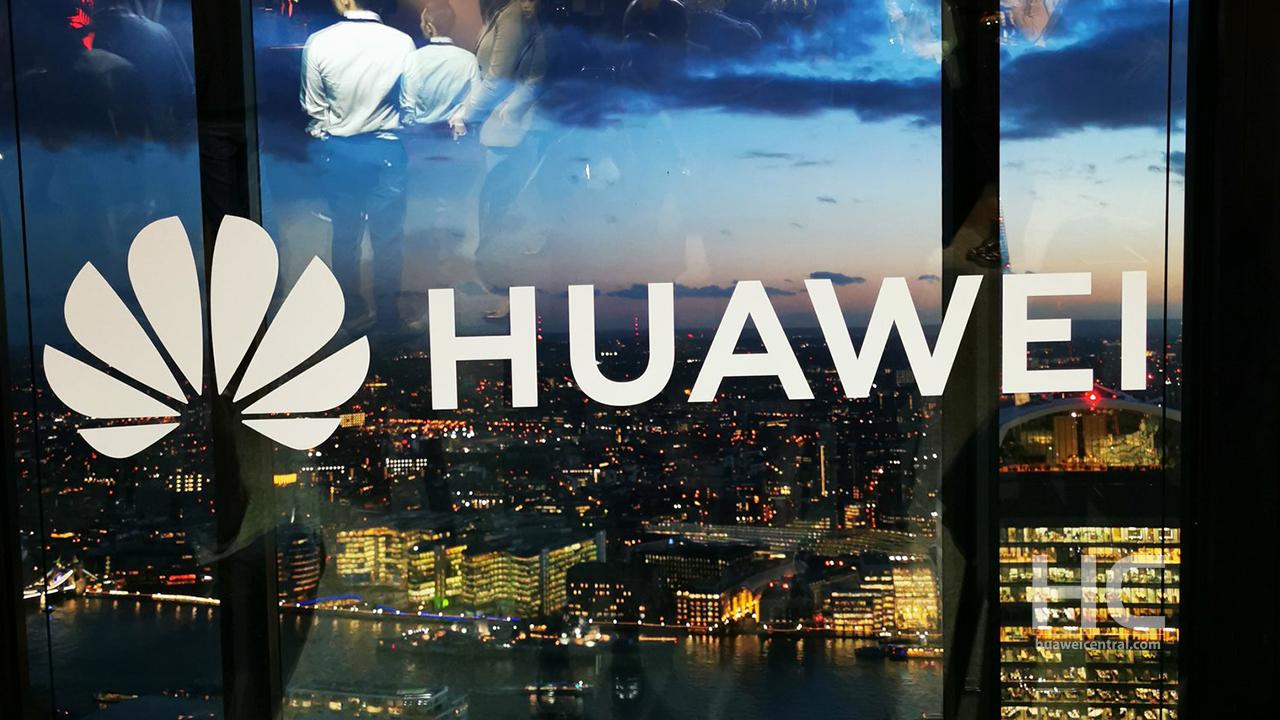News
U.S. companies trying to reverse the latest sales restrictions on Huawei, facing huge revenue loss

U.S. government has barred Huawei from accessing U.S. technologies since May 2019 under the U.S. Entity List, which created a number of new difficulties for Huawei.
Following the US restrictions, some major Huawei suppliers applied for the license to continue the business. Some chipmakers including Intel and dozens of others that have then received the license to continue supply.
However, Donald Trump on the last day of his presidency revoked licenses that permit companies to export their components to Huawei. All of this is done just to pull down the Chinese tech giant and its business growth around the globe.
According to Reuters, some semiconductor firms have asked for additional time to appeal at the last minute on the Trump administration’s steps to block sales to Huawei. Sources familiar with this matter said it is expected that the Biden administration would reverse the course.
Several unknown company executives said they ultimately do not think the Biden administration will significantly soften the hardline position. “Everyone is deflated,” said one company executive.
The Billions of dollar of U.S. based technology and chip component sales depends on how the Biden administration enforces export restrictions imposed on the Trump administration.
These restrictions are surely hurting Huawei but on the flip side, the same loss is happening to the U.S. companies because of Huawei’s purchase capacity.
The companies are expected to allow more time to make their case before the interagency panel and at least some changes to potential rejected Huawei sales. The Commerce Department did not respond to requests for comment. A Huawei spokeswoman said the company does not have any insight into the licensing process at Commerce.
Loss after Huawei Blacklisting:
Ahead of the end of his presidency, the Trump administration denied 116 license applications worth $119 billion and approved four worth $20 million, according to a Commerce Department document dated Jan. 13 and seen by Reuters. Another 300 applications with stated values of $296 billion were pending, the document said.
Since Huawei’s blacklisting in 2019, the U.S. government approved about $87 billion worth of applications for sales to Huawei and denied $11 billion.
The figures above clearly show how much the business with Huawei is important to the U.S. companies and required them to make growth and earn revenue.







